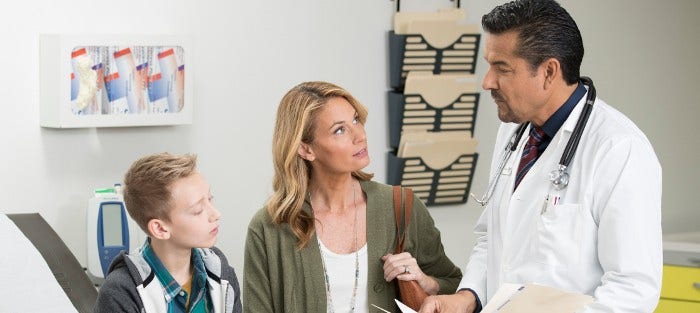HPV Vaccination Information for Health Professionals
The HPV vaccine helps protect against 6 types of cancer. It prevents infection by high-risk types of human papillomavirus, or HPV, that cause the majority of cervical, vaginal, vulvar, anal, penile, and oropharyngeal cancers (cancers of the throat and tongue) and genital warts. The American Cancer Society is on a mission to help prevent HPV cancers by working in partnership with health professionals and organizations in the United States and around the world.
Work With Us
- Providers can access materials to champion quality improvement initiatives in their practice.
- Health systems can build workflows to make sure there are no missed opportunities.
- Public health professionals can use our HPV information and take action through the National HPV Vaccination Roundtable.
- Interested funding partners can support this important work by getting in touch with us.
Quick Facts
- The biggest predictor of HPV vaccination uptake is an effective recommendation from a health care provider.
- HPV vaccination is most effective when the series is completed between ages 9 and 12. All teenagers and young adults age 13 -26 who were not previously vaccinated should get vaccinated as soon as possible.
- Parents trust their health care provider to recommend the HPV vaccine.
- HPV vaccination is extremely effective. Research has shown the vaccine provides close to 100% protection against infections and precancers caused by the types of HPV in the vaccine.
Our Guideline
Access current guideline information from the American Cancer Society.



